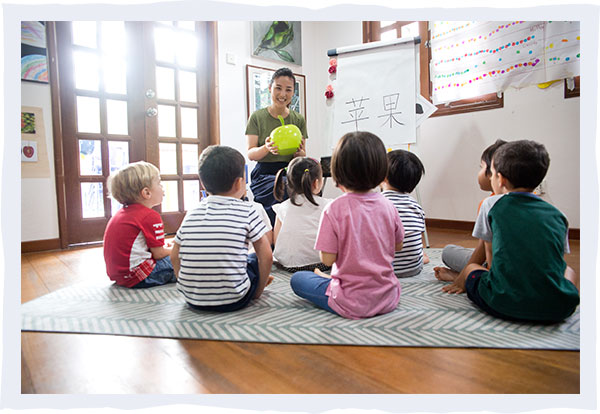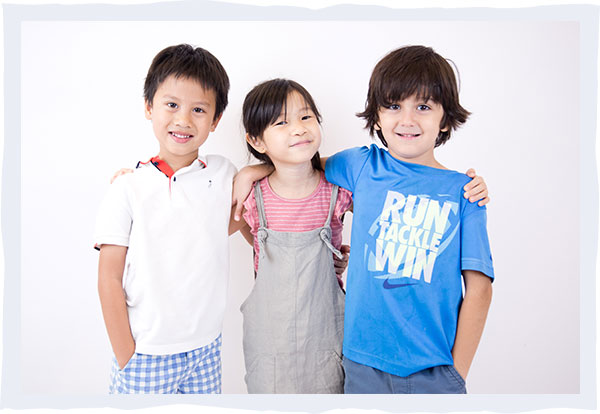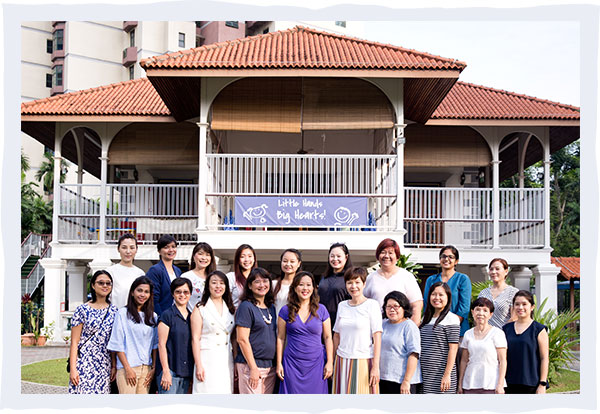Frequently Asked Questions
We’ve listed some frequently asked questions here. If there’s anything else you would like to know about our classes and programmes, do reach out to us after school hours.
Are you under the Ministry of Education?
Yes, Heartfield Kindergarten is registered under the Ministry of Education, Early Childhood Development Agency (ECDA).
How many terms do you have in a year?
There are 4 terms in a year. Each term is 10 weeks long. Do call or email us for more information about holiday programmes.
What is the class size?
Our smaller classes and student-to-teacher ratio ensure that children are given plenty of individual attention.
Stars
student-teacher ratio
6:1
Rockets
student-teacher ratio
10:1
Astronauts, Launchers & Captains
student-teacher ratio
12:1
Mandarin is introduced daily through the best medium possible – through an enthusiastic and energetic native-speaking teacher who immerses this language into exercise, music, movement and day-to-day living.


Heartfield Kindergarten?
We prepare them with school-readiness skills that make the transition as smooth as possible.
Our students move on to local as well as international schools.
We believe in a partnership with parents, and your feedback is important to help us better understand your child.
You can contact our teachers via email: info@HeartfieldKindergarten.com
or call after their teaching hours: +65 6835 2354

Will my child be prepared for Primary One?
After teaching in a local primary school for several years, I was compelled to start a preschool that would prepare children for the demands of our local system… without the pressure but with the pleasure of learning.
How will my child be prepared for Primary One?
Connectivity
The ability to integrate knowledge and connect with others.
A child who can integrate is able to thrive in all spheres: social, academic and physical.
Conceptual thinking
The ability to grasp concepts leads to learning more quickly.
A child who can grasp concepts easily need not rely solely on memorisation.
Critical thinking skills
The ability to analyse and apply concept appropriately.
A child who can think critically is able to problem solve and not feel “stuck”.
Creativity
The ability to think or use information in a novel way.
A child who can innovate has an advantage because challenges are seen as a opportunities, not obstructions.
Confidence
The ability to approach tasks positively with the belief that one can overcome.
A child who is confident enjoys school and is more likely to succeed.